Shurjo’s Clan by Iffat Nawaz is a beautifully written narrative of how the Bangladesh Liberation War, and war in general, impacts the minds of a nation’s young, and how a young country navigates through the effects.
There was a patriotic song that was played every night before the 10 p.m. news on Bangladesh Television in the 80s. Written by Nazrul Islam Babu, its opening lines went:
“Shall we keep all the windows ajar
I will sing, I will sing victory’s song
They are coming, in hushed steps
Those who gave their lives
For the love of this land.”
The song entered the collective conscience of the children of a young Bangladesh, formed by the Bangladesh Liberation War, and years later, Iffat Nawaz would realize that her debut novel was subconsciously inspired by this very song.
We encourage you to buy books from a local bookstore. If that is not possible, please use the links on the page and support us. Thank you.
“Death did not exist on the evening side”
In an asymmetrical house in Dhaka lived Shurjo’s family. Every night, it welcomed her uncles who were martyred in the Bangladesh Liberation War, and her grandmother who had killed herself by jumping into a well. The dead uncles gave rousing speeches of patriotism and the dead grandmother spoke fondly of Bhagirathi, the river that got left behind on the other side of the border during the partition of 1947.
Shurjo, meaning sun, short for Shurjomukhi which means the sunflower in Bengali, is the daughter of Babu, the middle and sole surviving son of the family. In the house described as asymmetrical that is evocative of Shirley Jackson’s disorienting Hill House, Shurjo lived on one-and-a-half floor, physically spaced between her parent’s and grandparents’ floors, and metaphysically between the day side of the living and the evening side when the dead returned to their loved ones. There is strong symbolism there, of a young girl and of a young country in limbo, and Nawaz’s use of magic realism lends itself well to tell this historical tale.
Shurjo’s Clan is a story that spans decades, chronicling the family’s forced migration to East Pakistan in 1947, the Bangladesh Liberation War and the birth of Bangladesh in 1971, the migration to the west in search of greener pastures in the 80s, and an eventual homecoming.
The spirits of martyrs of the war as a literary device has been done many times, most recently in the Booker Prize winning The Seven Moons of Maali Almeida, which chronicles the Sri Lankan civil war. Despite the common South Asian geography though, in tone and even in its themes, the two books could not be more different.
The second-hand trauma of the Bangladesh Liberation War
“Truth lies in the dark circles under the eyes of the post-war children, and in their striving to look away from the sun.”
Of all the themes that the book explores, predominant is an exploration of the psyche of a young nation trying to grow out of the shadow of war (in this case, the Bangaldesh Liberation War) and the second-hand trauma that is bequeathed upon the post-war generation. “When we looked at the new vibrant green flag of Bangladesh,” Shurjo’s mother Bela remembers of the time of Liberation of Bangladesh, “the red circle in the middle reminded us of all the blood that had been lost.”
There is also the burden of unspoken expectations from the post-war children raised on the stories of valour and idealism of the martyrs. In the absence of war, Shurjo wonders, how is she to prove her worth, to prove she is worthy of the sacrifices made by those before her?
Displacement and Identity
Another recurring theme is of migrations, both forced and wilful, and how they can be isolating, disorienting, and suffocating experiences in their own ways.
As the family migrates to Virginia (USA) to move Shurjo out of the shadow of the evening side in the asymmetrical house, the book moves into an exploration of identity. When Babu receives a letter informing them that their green card application has been accepted, he is mildly annoyed at America, comparing it to the musical Into the Woods with all the fairy tales coming together. “Everything is happy in the beginning but then it all becomes an unpredictable mess.” He tells Shurjo. “This country might just forget what America was really meant to be.”
But this was not the family’s first migration, Shurjo reminds him, as they were forced to move to East Pakistan after the 1947 partition. She tells him how in her school in Dhaka, she was called a ghoti, a word that meant a small mug, the only article that some of the migrants carried with them while escaping the riots in Calcutta.
Then what does it mean to be a Bangladeshi, an identity that was only born in 1971, after the Bangladesh Liberation War? The Bengali word obhiman is an oft-repeated refrain, described as an emotion that means ‘hurt pride’.
The red dot in the Bangladesh flag
God is in the details, in the whispers of the spirits and in the many symbolisms embedded in this story. This is a coming-of-age story where Shurjomukhi is a metaphor for Bangladesh, and what Bela saw as the blood of martyrs on the flag of Bangladesh is meant to be the sun, symbolizing a new day. Therein lies the central message of this story about honouring the past and healing from its pain, its obhiman.
In this novel, written in under 250 pages, Nawaz’s confidence in her story, in its central message, and in her writing, shines. Combining the real and the ethereal with eloquence, Shurjo’s clan is a prayer, and a hope, that like Shurjomukhi, this young country will also look up to the sun.
Best Quotes
‘You know what the biggest irony about loss is, Babu? Materially speaking, it should make one feel lighter. Instead, it leaves us heavy, weighted down with sorrow… That’s the difference between letting go and loss. With loss, we fill ourselves with sorrow as large as the hollowness left in us… We think we have no choice but to lug this sorrow around, we even begin to nurture it. Until eventually, one day, when it gets too heavy, we suddenly want to become light, lighter than before, lighter than ever before the loss took place, lighter than ever.’
Have you read this book, or any other that highlights the Bangladesh Liberation War? Drop a comment below and let us know!

As part of our effort to compensate our writers better, we at Purple Pencil Project have launched the #PayTheWriter initiative, where readers can directly show support and appreciation for our wonderful team.
Scan or upload this image on your UPI app, and show them the love 😀











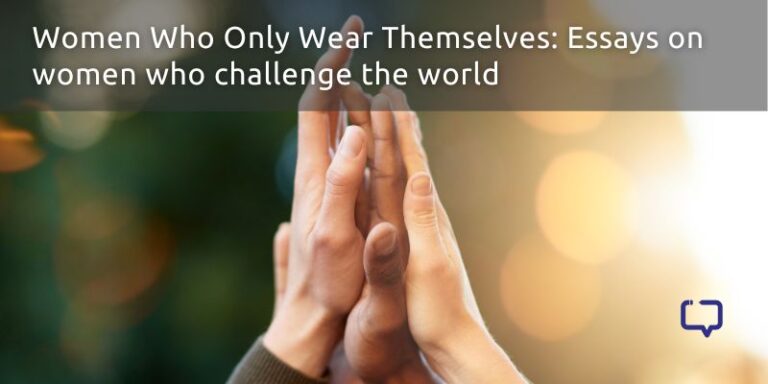
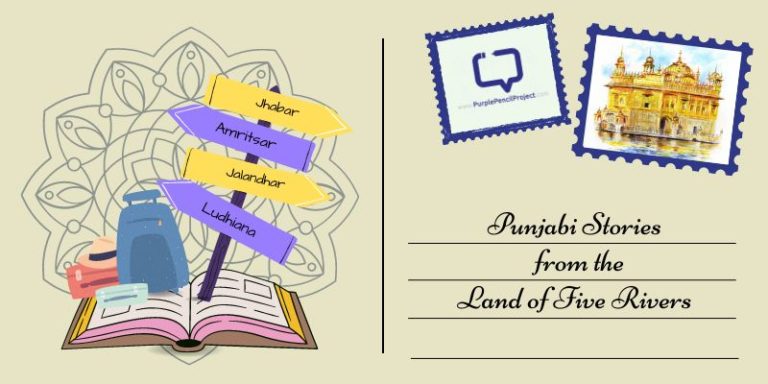

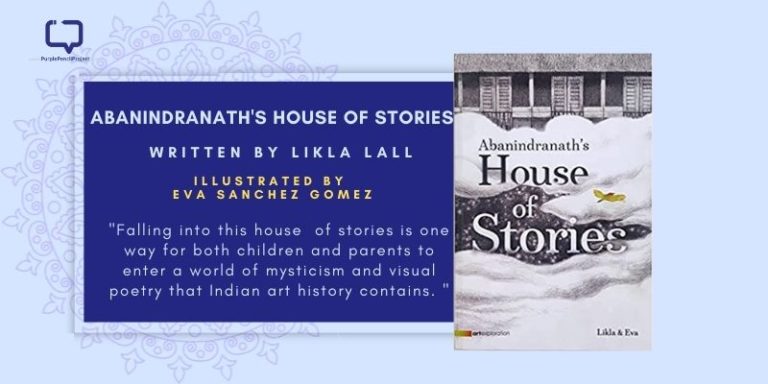



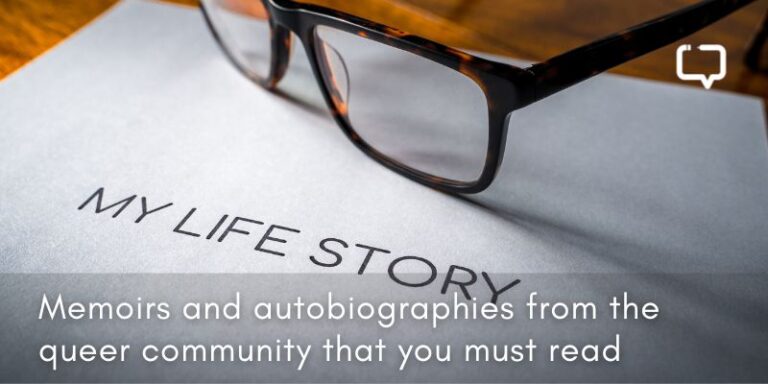
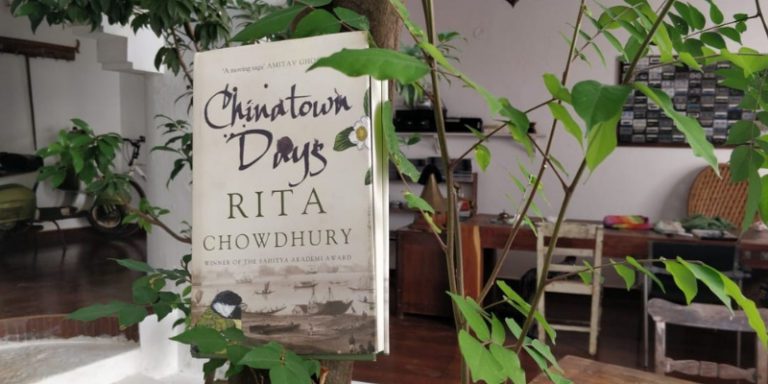

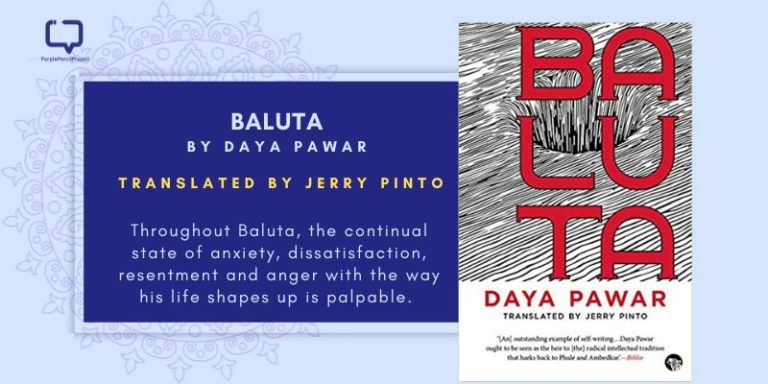


5 Responses
Your reviews are very good. You capture the essence of a story and make us want to read the book.
That means a lot thank you so much!
Thank you so much, Ma’am!
Another great recommendation from Priyadarshini through her superb book review.
Keep giving us more.
Thank you so much, Ma’am!